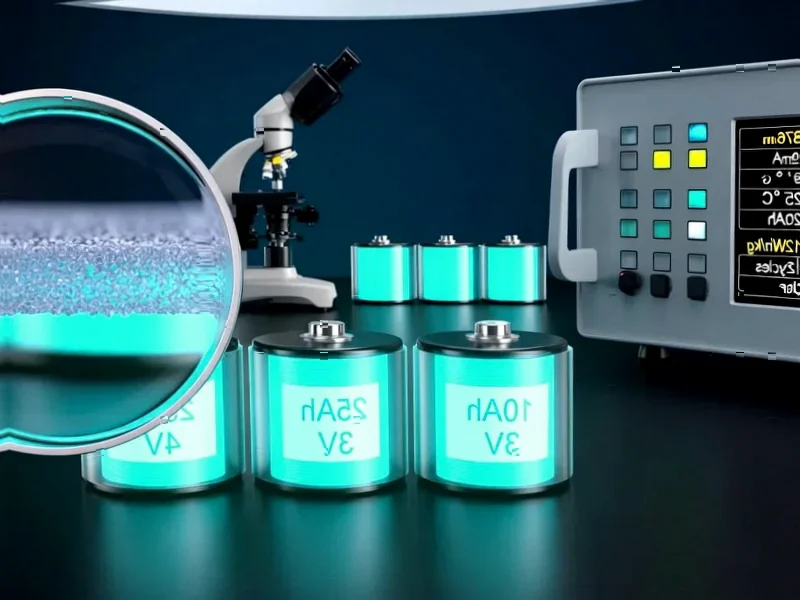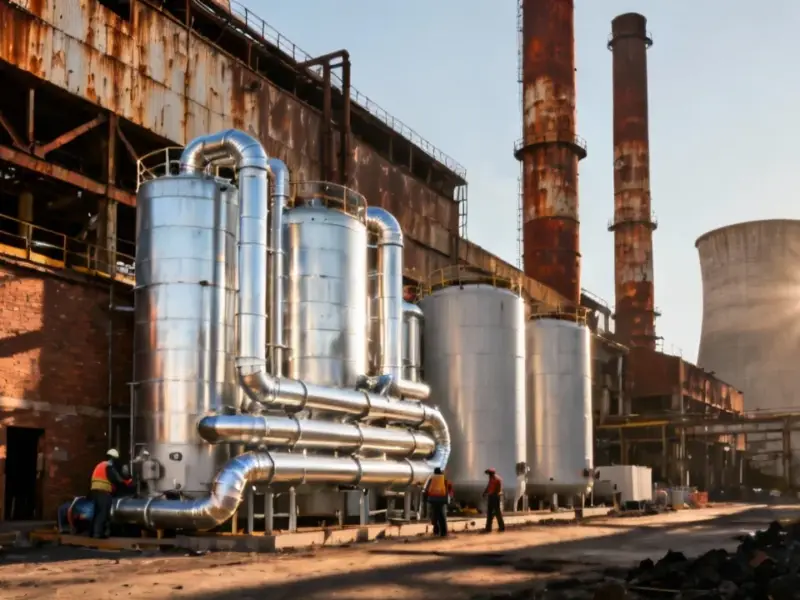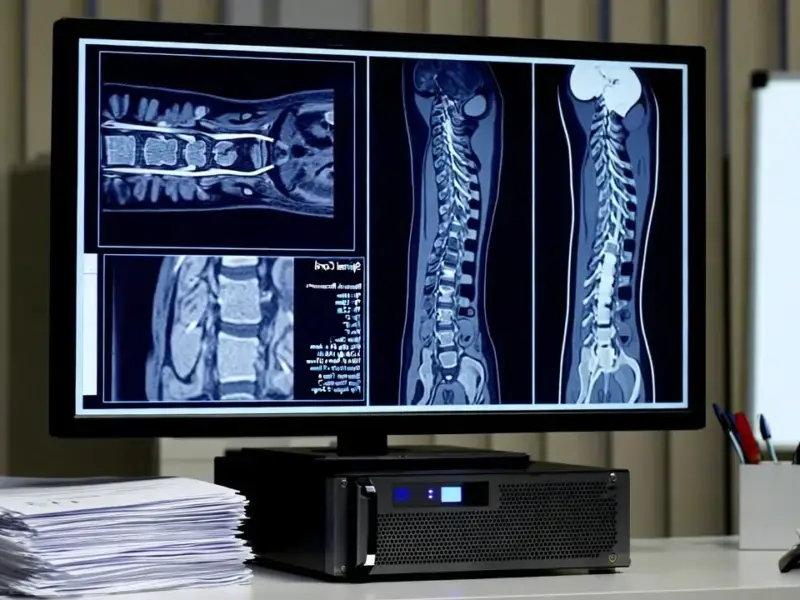According to Engineer Live, liquid natural gas export terminals represent multi-billion-dollar projects where precise temperature control at cryogenic levels of -162°C (-260°F) is paramount for operational success. Daily Thermetrics, through technologies like their Daily Helix Thermowell (DHTW), provides specialized temperature instrumentation that addresses critical challenges including preventing sensor failure, stratification, boil-off, and catastrophic safety incidents. Their multi-point temperature sensors enable detailed temperature mapping in crucial areas like cold boxes and storage tanks, allowing operators to detect anomalies early and optimize processes. The technology provides competitive advantages by improving plant efficiency, reliability, and safety while protecting significant capital investments in the global LNG value chain.
The High-Stakes Economics of LNG Instrumentation
The specialized temperature measurement market for LNG facilities represents a classic case of high-value, mission-critical industrial technology. While the instrumentation itself might constitute a relatively small percentage of a terminal’s total capital expenditure, the financial implications of failure are staggering. A single temperature-related incident causing just 24 hours of downtime at a modern LNG export facility can result in revenue losses exceeding $20-30 million in lost production, not including repair costs or potential safety liabilities. This creates an exceptionally strong business case for premium instrumentation where reliability trumps initial cost considerations.
Niche Dominance in Industrial Technology
Daily Thermetrics exemplifies a successful specialized industrial technology business model that avoids competing in commoditized markets. While general-purpose temperature sensors face intense price competition, the extreme conditions of LNG processing (-162°C) create natural barriers to entry. The company’s focus on purpose-built solutions like the DHTW allows them to command premium pricing while delivering disproportionate value relative to cost. This strategic positioning mirrors successful industrial technology companies that dominate narrow but critical application areas where failure is not an option.
Riding the Global Energy Transition Wave
The timing for specialized LNG instrumentation couldn’t be more strategically advantageous. With global LNG trade projected to grow significantly through 2040 and the United States emerging as the world’s largest LNG exporter, the installed base requiring these specialized solutions is expanding rapidly. More importantly, as countries seek to diversify energy sources following geopolitical disruptions, new LNG projects are being fast-tracked globally. This creates a sustained demand cycle for the specialized instrumentation that enables these capital-intensive projects to operate safely and profitably.
The Recurring Revenue Opportunity Beyond Hardware
While the initial equipment sales represent significant revenue, the more valuable aspect of this business model lies in the recurring service and maintenance revenue streams. LNG terminals operate continuously for decades, requiring calibration, replacement parts, and technology upgrades. The specialized nature of these installations creates customer lock-in, as switching costs to alternative providers become prohibitive once systems are integrated into critical processes. This creates annuity-like revenue streams that are highly predictable and margin-rich compared to one-time equipment sales.
Defensible Market Position Through Application Expertise
What makes this market particularly attractive from a business perspective is the combination of technical barriers and application-specific knowledge required to succeed. Competitors cannot simply develop a cryogenic temperature sensor—they must understand the complex interplay between temperature profiles, process efficiency, safety protocols, and regulatory requirements specific to LNG facilities. This deep domain expertise, accumulated over years of working with terminal operators, creates a defensible moat that protects market share and pricing power against both larger industrial automation companies and smaller niche players.
The Digital Transformation Angle
Looking forward, the most significant value creation opportunity lies in the digitalization of temperature data for predictive maintenance and process optimization. As LNG operators increasingly adopt digital twin technology and AI-driven process optimization, the granular temperature data provided by advanced instrumentation becomes the foundation for next-generation operational excellence. Companies that can transition from selling hardware to providing data-driven insights and predictive analytics will capture disproportionate value in the evolving LNG technology ecosystem.




